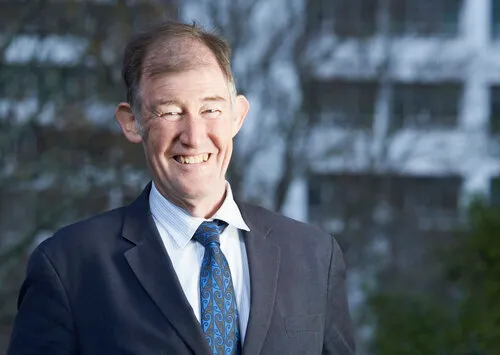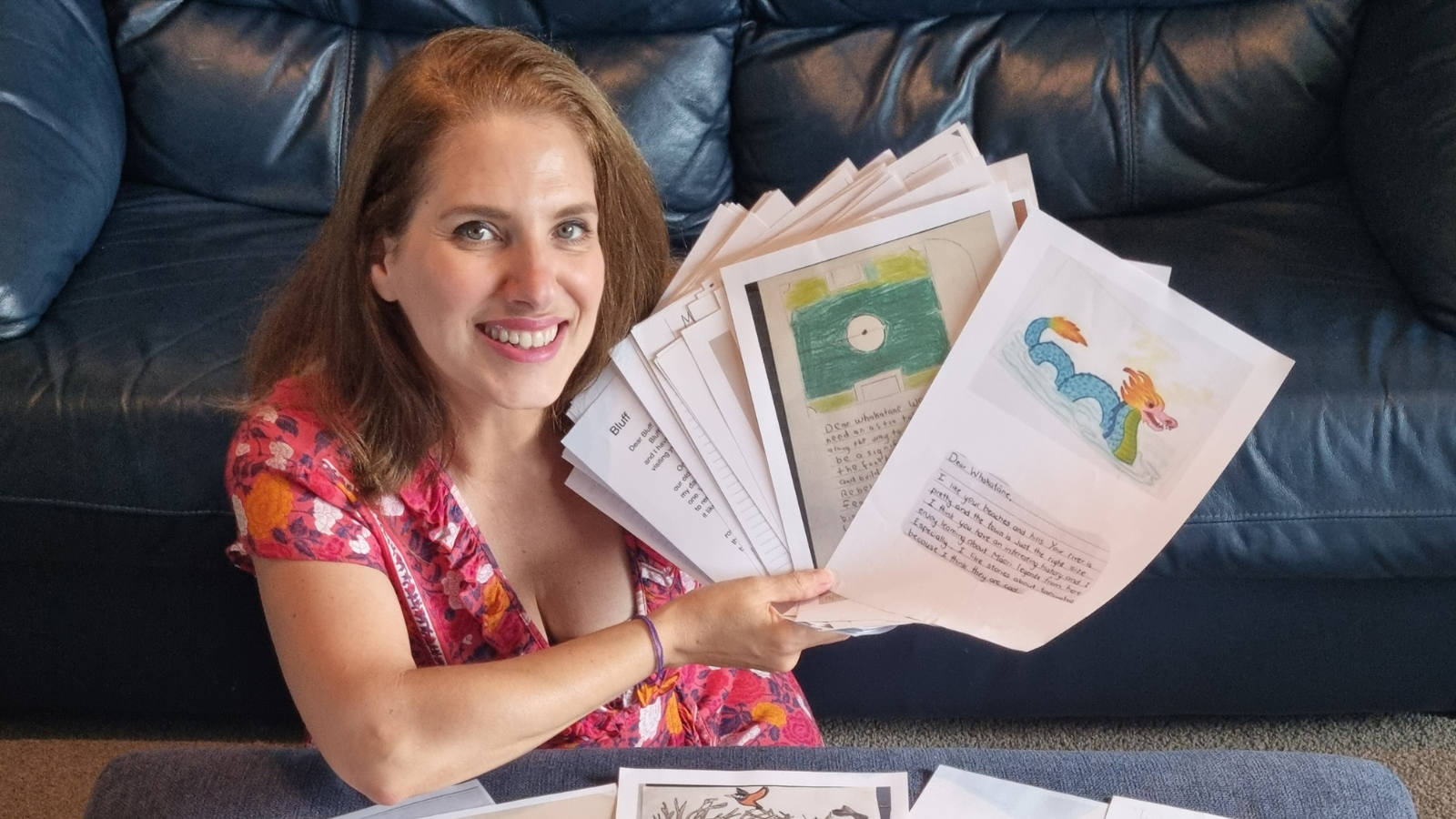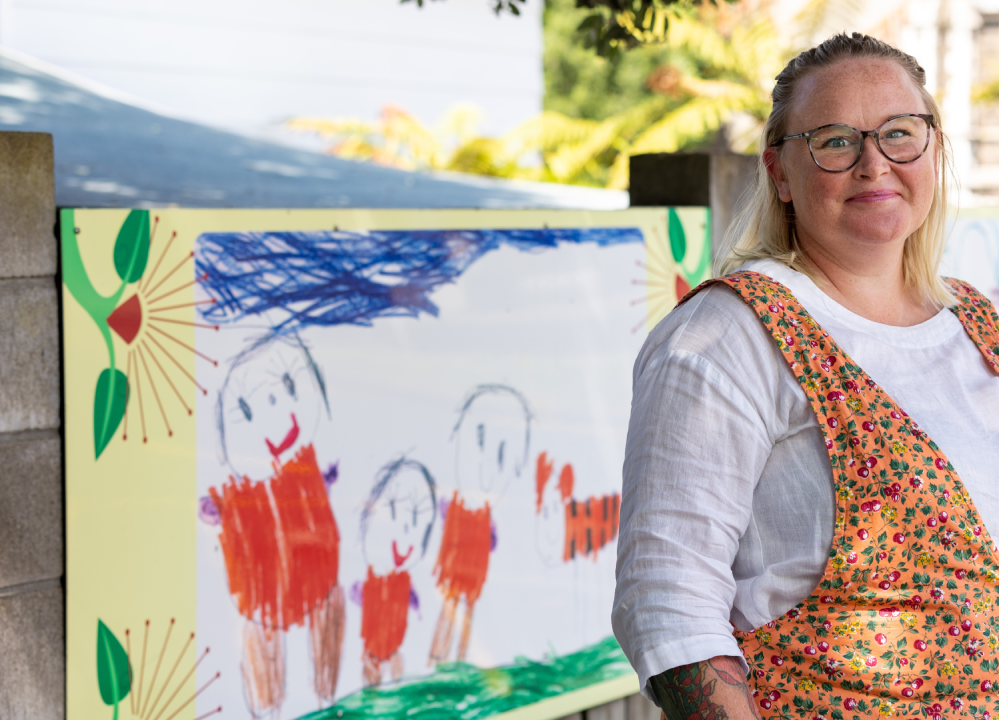Funded by the Health Research Council, one project looked at how to reduce delays in the diagnosis of colorectal cancer, while the other investigated ways to improve early diagnosis of lung cancer among Māori and rural communities.

Professor Ross Lawrenson
Both studies have determined access to primary care is a key factor in avoiding late diagnosis, as well as reducing inequities for Māori.
Ross Lawrenson, Professor of Population Health at the University of Waikato, led both studies. He says that New Zealand continues to have poor cancer outcomes compared to other developed countries.
“A big factor in our poor performance is that patients with both lung and bowel cancer tend to present with advanced disease,” says Lawrenson.
“Our research looked at the patient pathway from diagnosis to treatment, to identify and address the barriers to people accessing care.”
The studies were conducted over three years in the Midland Cancer Region which comprises Waikato, Lakes, Bay of Plenty and Tairawhiti DHBs – although Lawrenson says the findings are applicable at a national level.
Research into the late diagnosis of lung cancer among Māori communities identified several barriers preventing Māori from accessing primary care.
These include the mounting costs of multiple appointments, symptom ambiguity and the importance of trust and understanding between Māori patients and their GPs.
“What became clear is the need for culturally safe care and a workforce that understands the needs of Māori patients and whānau,” says Lawrenson.
“Our research also clearly showed the importance of whānau as carers and advocates for Māori lung cancer patients.”
Lawrenson said that with lung cancer mortality rates three to four times higher for Māori than non-Māori, intervention was critical.
Working with local communities, the research team developed a Hā Ora website for resources and self-help, alongside other interventions including lung cancer awareness videos and a kaiawhina training programme to help upskill health staff.
Research into colorectal cancer also identified inequities for Māori, who are more likely to experience greater delays in diagnosis and less likely to receive a colonoscopy than non-Māori.
“There needs to be a concentrated effort to ensure equity for Māori in the national bowel screening programme, as well as in general access to diagnosis and treatment,” says Lawrenson.
Also among their findings was the need to increase public awareness of symptoms of colorectal cancer.
“Bowel cancer can be difficult to diagnose. We need greater awareness of symptoms for both patients and GPs,” says Lawrenson.
“If we want to improve outcomes, there needs to be more investment in primary care and I think we need to take a hard look at our systems to ensure there’s equal access to care for everyone,” he concludes.
Reducing delay and increasing access to early diagnosis for colorectal cancer was authored by Ross Lawrenson, Tania Blackmore, Chunhuan Lao, Lynne Chepulis, Mark Elwood, Tim Stokes, Jon Emery, David Weller, Jacquie Kidd, Melissa Firth, Christopher Jackson, Rawiri Keenan, Brendan Hokowhitu, Ralph van Dalen, Judith Warren, and Lyn Hunt.
Hā Ora: Improving access to early diagnosis of lung cancer for Māori and rural communities was authored by Ross Lawrenson, Shemana Cassim, Jacquie Kidd, Anna Rolleston, Rawiri Keenan, Brendan Hokowhitu, Melissa Firth, Denise Aitken, Janice Wong, Lynne Chepulis, Chunhuan Lao, Paul Conaglen, Karen Middleton, and Lyn Hunt.



